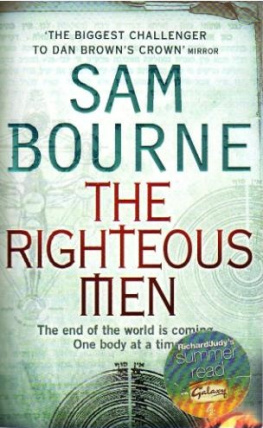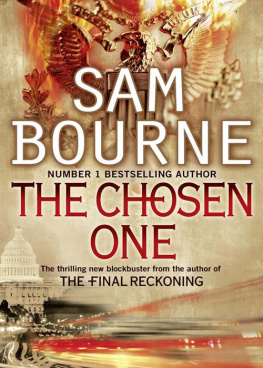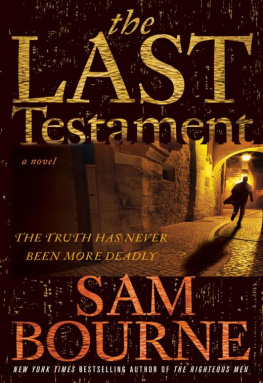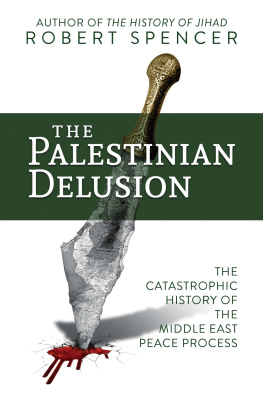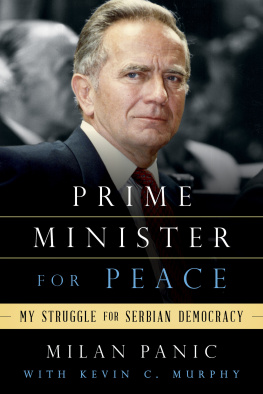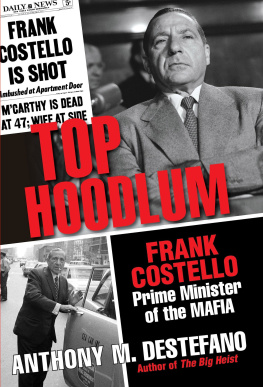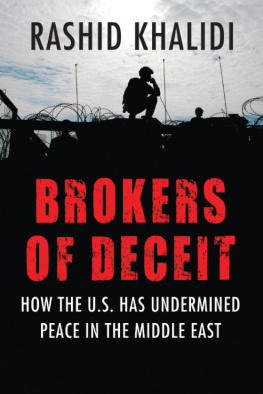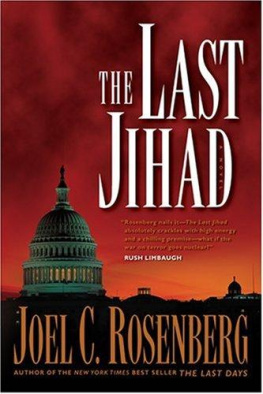
Sam Bourne
The Last Testament
2007
For my father, a testament to my love
and enduring admiration
BAGHDAD , APRIL 2003
The crowd were pushing harder now, as if they scented blood. They charged through the archway and their combined weight pressed against the tall oak doors until they went crashing to the ground. As they rushed through, Salam moved with them. It was not a decision. He was simply a part of a moving beast made up of men, women and children, some even younger than him. They were a collective animal and now they gave a mighty roar.
They burst into the first vast hall, the glass of the display cases glinting in the silver moonlight that spilled through the ceiling-high windows. There was a brief pause, as if the beast were drawing breath. Salam and his fellow Baghdadis contemplated the scene before them. The National Museum of Antiquities, once Saddams treasure house, bursting with the jewels of Mesopotamia, now laid wide open. There was not a guard in sight. The last of the museum staff had abandoned their posts hours earlier; and the few remaining security men had fled at the sight of this horde.
The brief moment of silence was ruptured by a sledgehammer crashing through glass. On that cue, the room was instantly filled with thunderous noise, as one after another they started wielding pistols, axes, knives, clubs, even heavy strips of metal torn from wrecked cars-anything to spring these precious, ancient objects from their cases.
Pane after pane of glass shattered. Ivory statues tumbled; ancient ceramic plates smashed to powder as they hit the floor. The room, usually blanketed in museum quiet, echoed now with a mighty din: the breaking of stone and glass, even gunshots as the most impatient shot out locks that refused to surrender to a crowbar. Salam noticed two well-dressed men setting to work methodically with professional glass-cutting equipment.
The ground trembled as wave after wave of people stampeded into the museum, ignoring this first exhibition hall, looking for fresh pickings elsewhere. They collided with those anxious to get out, hauling their priceless booty on handcarts, wheelbarrows and bicycles, or struggling under heavy plastic crates and cardboard boxes. Salam recognized a friend of his father striding out, his face flushed and his pockets bulging.
Salams pulse was throbbing. In all his fifteen years he had never seen anybody behave like this. Until a few days ago everyone he knew had moved slowly, heads down, eyes averted. In Saddams Iraq you knew better than to break the rules or draw attention to yourself. Now these same people-his neighbours-were wild in their desire, stealing anything they could lay their hands on and destroying the rest.
Salam reached into a broken case for a necklace made of pale orange and amber stones. But someone grabbed his wrist before he could grasp it: a middle-aged woman, eyes ablaze, blocking Salam with her left hand, stealing the necklace for herself with her right. He backed away.
It was like a scene from the sacking of an ancient city, Salam thought: an orgy driven not by lust, but by greed, the participants writhing with avarice, slaking an appetite that had been pent up for decades. Suddenly he was pushed forward again: a new group of looters had arrived and they were making for the stairwell.
Salam was swept along as they headed down a flight of stairs: a rumour had spread that the museum staff had stashed all the best stuff in the storerooms. He saw a knot of men standing around a door which they had clearly just lifted off its hinges. Behind it stood a freshly-constructed wall of cinder blocks, the cement barely set. First one man, then two, began hacking away at the bricks with hammers; others joined them using bars, even their shoulders. They turned to Salam.
Come on!
They passed him a metal table leg.
Soon the hastily-assembled wall gave way, a sandcastle crumbling in the waves. The leader of the group stepped through the hole and at once began to laugh. Others quickly joined him. Salam could soon see the source of their joy: the room was packed with treasure-stone carvings of princesses and kings; etchings of rams and oxen; statues of buxom goddesses and Nubian women; ceramic jars, urns and bowls. There were copper shoes, fragments of tapestry and, on the wall, a frieze of soldiers fighting some long-forgotten war.
Salams eye caught a few of the museum labels, still stuck to these hidden treasures. One identified a lyre from the Sumerian city of Ur, bearing the gold-encased head of a bull, dated 2400 BC. That was soon carted off. Next was a white limestone votive bowl from Warka, dated 3000 BC: Salam watched as it disappeared inside a football kit bag. A statue representing King Entemena from Ur, dated 2430 BC took two men to lift and a third to navigate through the newly-opened hole in the wall. Salam remembered what they had taught him at school: that the Baghdad Museum contained treasures that were five thousand years old. Inside that museum lies not just the history of Iraq, his teacher had intoned, but the history of all mankind.
Now it resembled nothing grander than a vegetable market, the customers scrapping over the produce. Except these were not squashed tomatoes or bruised peppers, but artwork and tools that had survived since the birth of civilization.
Salam could hear raised voices: two of the ringleaders were arguing. One slapped the other and the pair began to fight, bringing a metal bookcase stacked with pots crashing to the ground. Someone produced a knife. A man gave Salam a hard push in the back, shoving him towards the violence. Instinctively, he wheeled around, dived out of the hole in the cinder-block wall and ran.
He rushed down the stairs, hearing a new clamour at each landing. Every one of the eighteen galleries in the museum was now undergoing the same plunder. The noise scared him.
Salam kept heading down, flight after flight, until he had left the crowds behind: no one was bothering to come this far down now with such easy pickings higher up. He would be safely away from them here.
Salam pushed open a door and it moved easily. In the gloom he could see a few boxes of papers overturned, their contents carpeting the floor. Whoever was responsible had been right not to linger: this was merely an office. He noticed a few decapitated wires, dangling like the roots of an upended tree: someone had stolen the phones and fax machine and left the rest.
Maybe they had missed something, Salam thought. He tugged at the desk drawers, hoping to find a gold pen or even a cashbox. But all he found were a few old sheets of paper.
There was a larger drawer underneath; hed give that one last pull and then hed go. Locked.
He headed for the door only to catch his foot on a ridge by the desk. Salam looked down to find a loose stone square. His bad luck: all the others were flat and perfectly even. Hardly thinking, Salam wedged his fingers into the gap between the squares and prized out the loose one. It being too murky to see, he felt for the ground below-but his hand just sank into a narrow but deep hole.
Now he felt something solid; cool to the touch. It was a tin box. At last: money!
He had to lie on the ground, his cheek against the stone, in order to reach down far enough. His fingers struggled to grasp their target. The box was difficult to lift, but at last he got it out. It was locked; but its contents seemed too silent for coins and too heavy for notes.
He stood up, peering through the darkness until he found what he assumed was a letter opener lying on the desk. He slid it under the thin tin of the lid, leaning on the blade to lever up the metal. He did that all the way along one side, opening the box like a can of beans. By tipping it to one side, he could make the object inside slide out. His heart was pounding.
Next page

